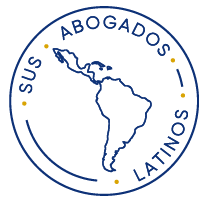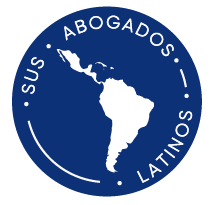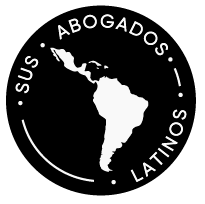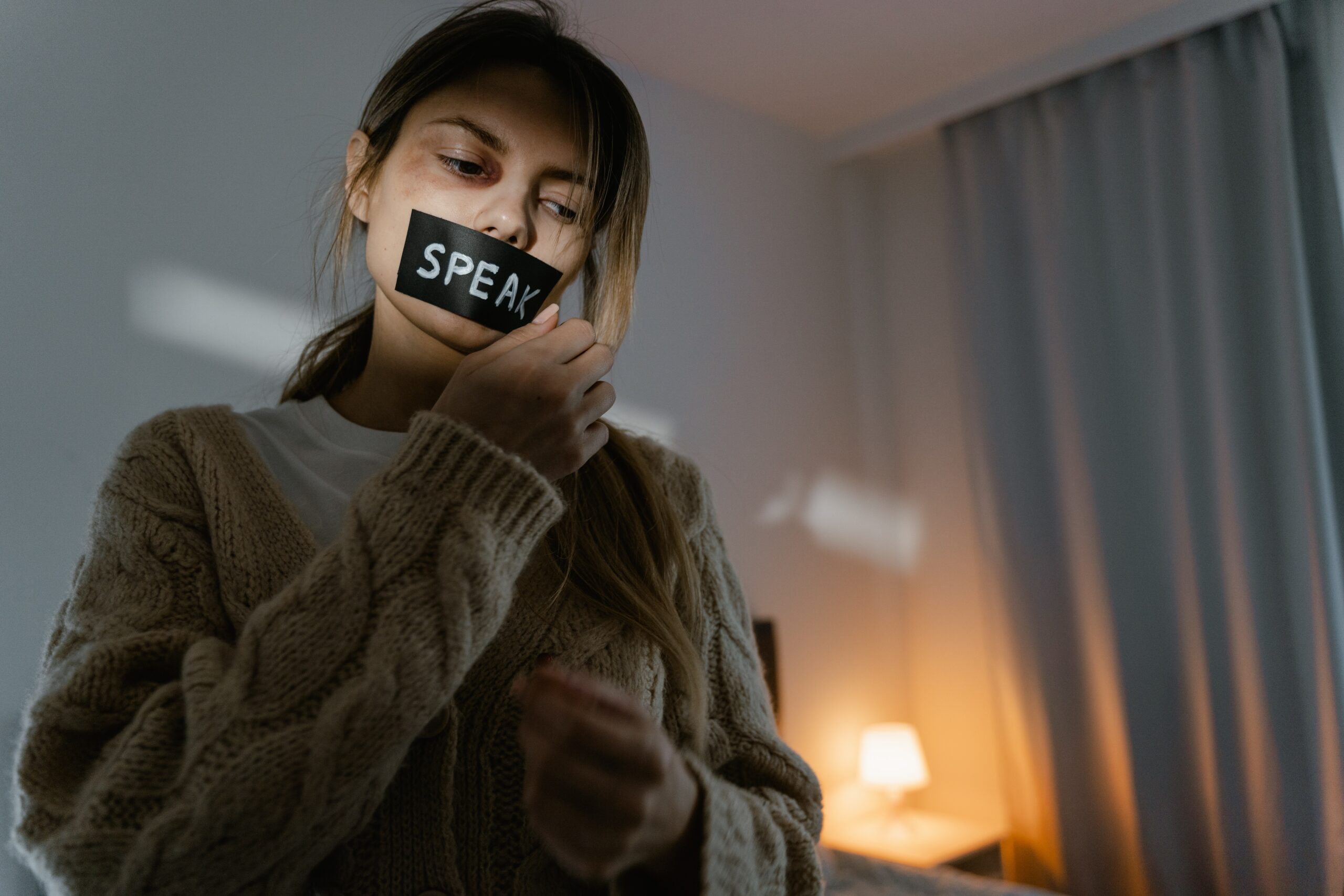The Violence Against Women Act (VAWA) is a landmark legislation in the United States that aims to protect and support victims of domestic violence, sexual assault, and other forms of gender-based violence. Since its inception in 1994, VAWA has played a vital role in providing resources, services, and legal remedies for survivors. This article delves into the key aspects of VAWA and outlines who is eligible to benefit from its protections.
Overview of VAWA: VAWA addresses various forms of violence against women and includes provisions that focus on prevention, intervention, and support. It provides funding for programs and services that aid survivors, enhance law enforcement responses, and strengthen legal protections.
Eligibility under VAWA: To benefit from the protections offered by VAWA, individuals must meet certain eligibility criteria. The Act recognizes the following categories of individuals who may be eligible:
- Battered Spouses: VAWA provides protection for individuals who have been victims of battery or extreme cruelty by a U.S. citizen or permanent resident spouse or former spouse. Both men and women can qualify for protection under this category.
- Battered Children: Children who have been subjected to abuse by a U.S. citizen or permanent resident parent may also be eligible for relief under VAWA. The child must be under 21 years of age and unmarried to qualify.
- Battered Parents: Parents who have suffered abuse at the hands of their U.S. citizen or permanent resident adult child may be eligible for VAWA protections. The parent-child relationship must meet certain requirements for eligibility.
- Immigrant Crime Victims: VAWA provides avenues for protection to immigrant survivors of certain crimes, regardless of their relationship to the perpetrator. To qualify under this category, individuals must have experienced substantial physical or mental abuse as a result of criminal activity, and they must have cooperated or be willing to cooperate with law enforcement in the investigation or prosecution of the crime.
- Self-Petitioners: Under VAWA, individuals who are married to a U.S. citizen or permanent resident and have experienced abuse may self-petition for immigration benefits without relying on their abusive spouse or parent to sponsor them.
- U Visa: VAWA includes provisions for victims of certain crimes who have suffered mental or physical abuse and have been helpful or are likely to be helpful to law enforcement agencies in investigating or prosecuting the crime. Such victims may be eligible for a U visa, which can provide a path to lawful immigration status.
It is important to note that each eligibility category has specific requirements and evidence that must be provided to support the claims. Consulting with an experienced immigration attorney or seeking assistance from a qualified organization specializing in VAWA cases can be instrumental in navigating the process and ensuring that all necessary documentation is submitted.
Conclusion: The Violence Against Women Act (VAWA) is a critical piece of legislation that offers protection and support to survivors of domestic violence, sexual assault, and other gender-based violence. Eligibility for VAWA benefits encompasses a range of individuals, including battered spouses, children, parents, immigrant crime victims, self-petitioners, and those eligible for a U visa. Understanding the provisions and eligibility requirements of VAWA is crucial for survivors seeking assistance and legal remedies to escape abusive situations and build safer lives.



